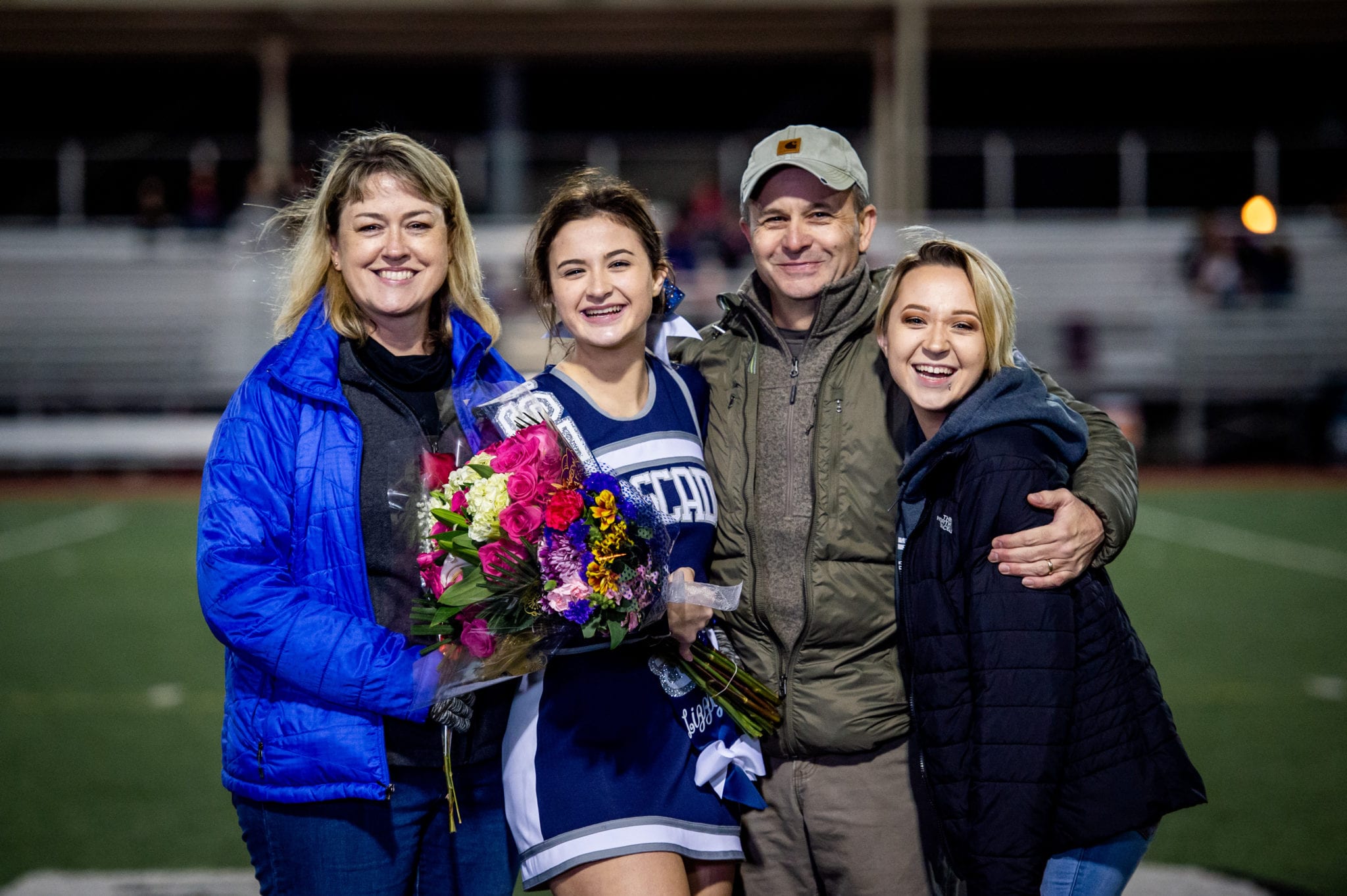I am not a person who asks for help easily, but my experience showed me that you have no choice... it is ok to ask for help.
How would you describe your role as a military caregiver?
It is a labor of love. You feel great responsibility to be there for everyone except yourself. My kids were two and four when my husband was wounded. I was working full-time, and I had to care for my husband. In addition, I was a family readiness leader for a battalion. There was not one minute of any day that was not filled. You have to ask for help when you are used to doing everything yourself. And you have to be ok with that.
What have you learned through your experience as a military caregiver?
I am not a person who asks for help easily, but my experience showed me that you have no choice. As a fellow, I want to get the message to all military spouses that it is ok to ask for help. Related to that, we need to get the message out that military spouses need support from government bodies, communities, and businesses.
How has your life changed since you became a caregiver? What sacrifices have you had to make?
I am lucky that my husband has recovered and could continue his military service in spite of being wounded badly. However, we have adjusted our lifestyle to insure he stays healthy. I help him manage his daily pain and remain vigilant to any change in his physical or mental health. I have had to make changes in my career choices, such as not attending law school, although the alternatives I have chosen remain fulfilling to me.

My Story
Connie Ozmer of Bonnie Lake, Washington is a military caregiver for her high school sweetheart Tim, a member of the National Guard. One of her biggest challenges has been helping Tim regain strength, balance, and stability in his physical well-being.
Sixteen years ago, while deployed to Iraq, Tim was wounded in an improvised explosive device (IED) explosion that fractured his L4 vertebrae. When Connie received notification of Tim’s accident, she immediately took a flight to Germany to be with him during surgery to replace part of his spine with a titanium tube and fuse three vertebrae.
After their return home, Tim made it clear that he wanted to go back and finish his tour. Connie was determined to help him make that happen and cared for him around the clock. As Tim’s primary caregiver, Connie drove him to physical therapy appointments and made sure he received all the needed tests and treatment to help him regain his physical strength. Every day, Connie would help him strap on his body brace so they could take a walk down the road with their two daughters, who were just two and four when he was injured. While at first, he couldn’t walk far without pain, Connie helped him progress from the body brace to soft body armor, proving his ability to return to duty. Just five months after his accident, Tim was set to redeploy and reunite with his Soldiers for the last three months of their tour, and then deployed again to Iraq in 2008. Now, as a Squadron Commander, Tim is set to deploy again in 2019.
Today, Connie remains an integral part of Tim’s ongoing care. She continues to assist him with pain management, remaining vigilant to any changes in his physical and mental health, and facilitating regularly scheduled check-ups. Connie works for Western Governors University and provides meals to Fisher House when possible, an organization that provided her a place to stay in Germany during Tim’s surgery.
As a Dole Caregiver Fellow, Connie’s goal is to enlighten her community about the unique issues of National Guard caregivers.









